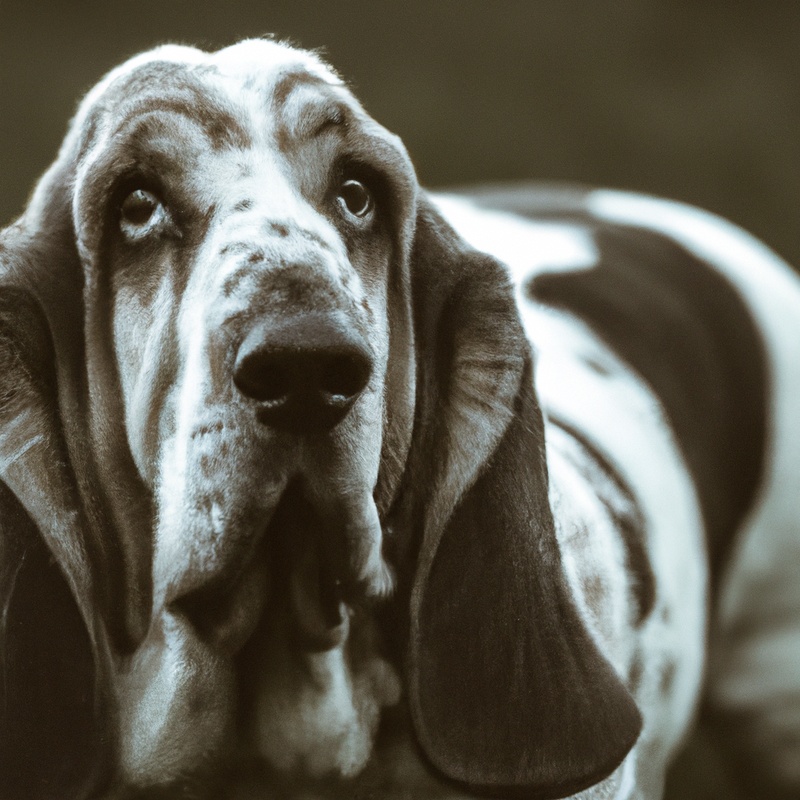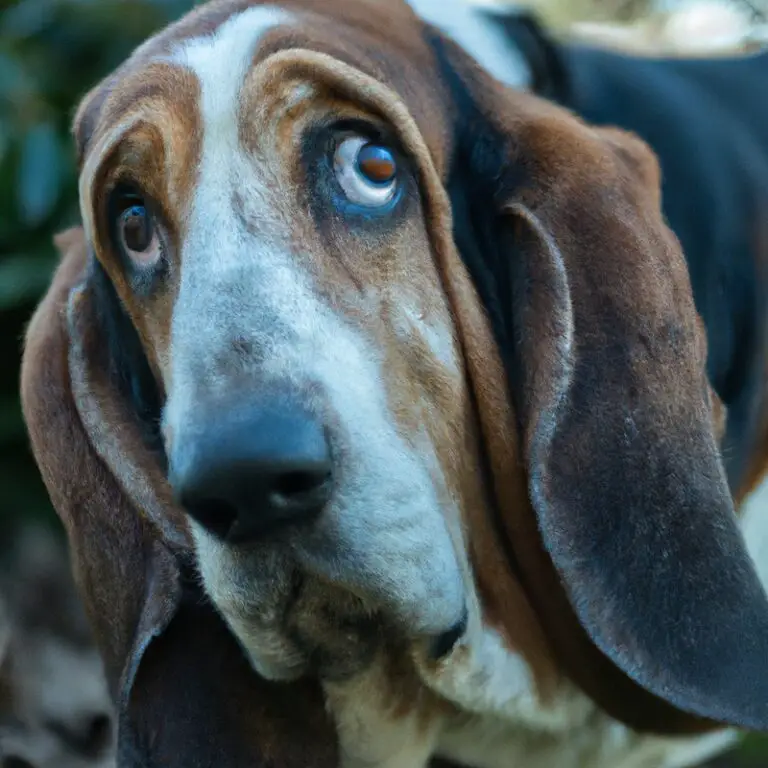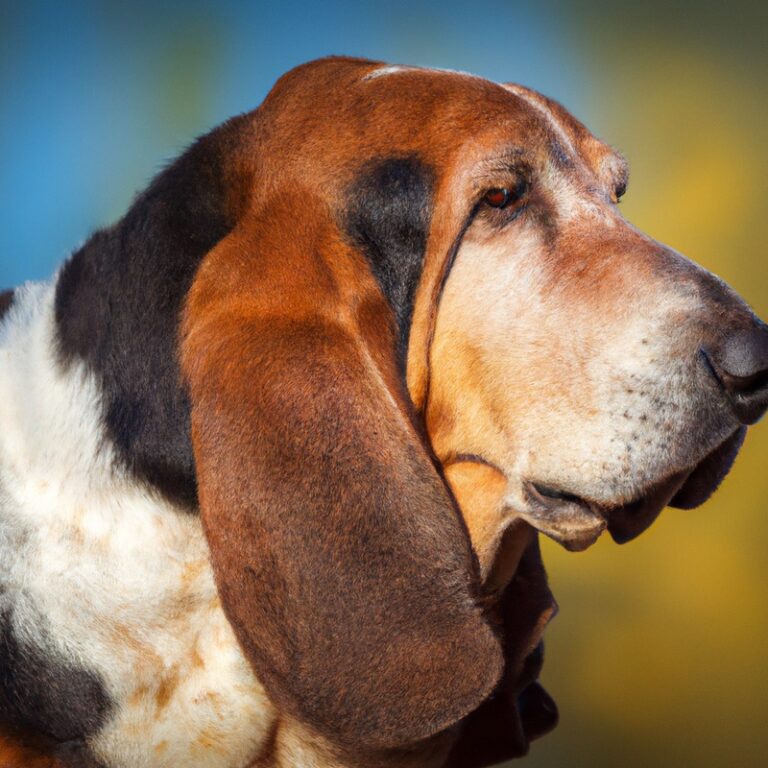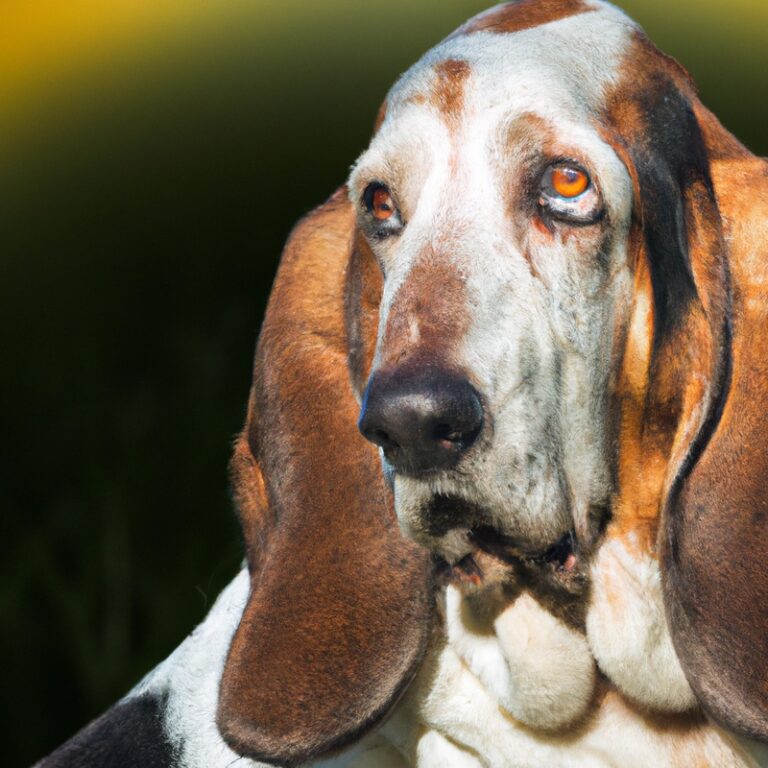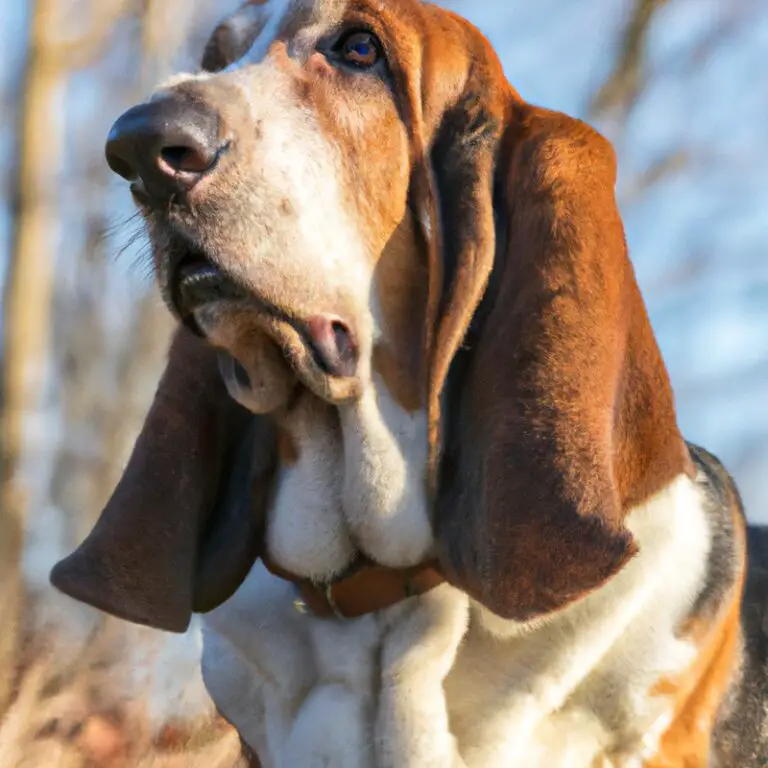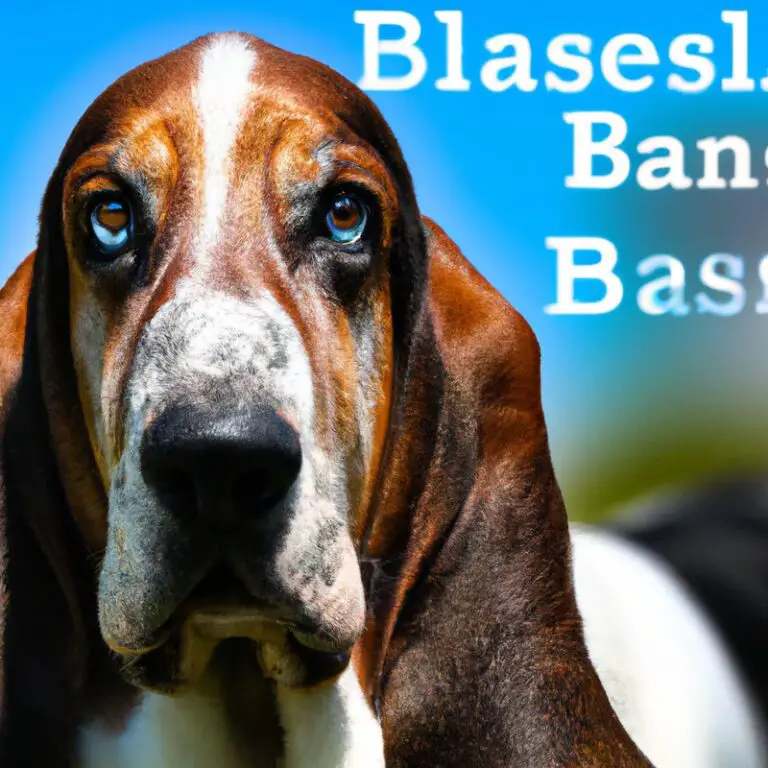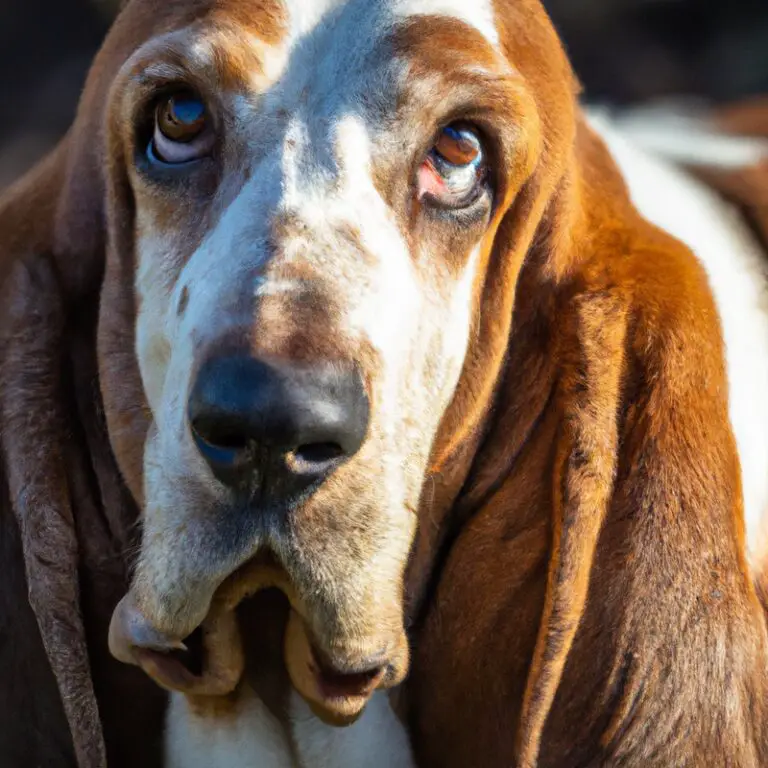What Type Of Exercise Is Suitable For a Basset Hound?
Key Takeaways:
- Low-impact exercises like walking and swimming are best for Basset Hounds.
- Basset Hounds should avoid high-intensity exercises that strain their joints.
- Regular, moderate exercise is important to prevent weight gain in Basset Hounds.
- Always consult with a veterinarian before starting a new exercise routine for your Basset Hound.
Are you the proud owner of a Basset Hound and wondering how to keep them fit and active?
Well, you’ve come to the right place! As an expert in Basset Hound care and training, I understand the unique exercise needs of these lovable and low-to-the-ground dogs.
In this article, I will guide you through the best exercise routines, both physical and mental, that are suitable for your Basset Hound.
From low-impact exercises like walking and swimming, to mental stimulation activities like puzzle toys and obedience training, we will explore it all.
Get ready to discover the perfect exercise routine that will keep your Basset Hound happy and healthy!
| Type of Exercise | Description |
|---|---|
| Walking | Taking your Basset Hound for regular walks is essential for their physical and mental well-being. Walking provides low-impact exercise and helps maintain a healthy weight. |
| Swimming | Basset Hounds are typically not natural swimmers, but they can enjoy supervised swimming sessions. It is a great exercise that is easy on their joints and helps cool them down during hot weather. |
| Obedience Training | Incorporating obedience training into your Basset Hound’s exercise routine helps stimulate their mind and keeps them mentally engaged. Training sessions can include basic commands, agility exercises, and problem-solving activities. |
| Nose Work | Basset Hounds have an excellent sense of smell, so providing them with nose work activities, such as scent tracking or searching for hidden treats, can be mentally stimulating and entertaining for them. |
| Interactive Toys | Using interactive toys, such as puzzle feeders or treat-dispensing toys, not only provides physical exercise but also mental stimulation. These toys make your Basset Hound work for their food, keeping them entertained and engaged. |
The Exercise Needs of a Basset Hound
Understanding the Basset Hound’s Physical Abilities
Basset Hounds have unique physical abilities that influence their exercise needs.
With their long bodies, short legs, and heavy bone structure, they are prone to joint and back issues.
Their sense of smell is exceptional, but their endurance and speed are limited.
Due to their low energy levels, they have a tendency to become overweight.
Understanding these physical abilities is essential in tailoring an exercise routine that meets their specific needs and limitations.
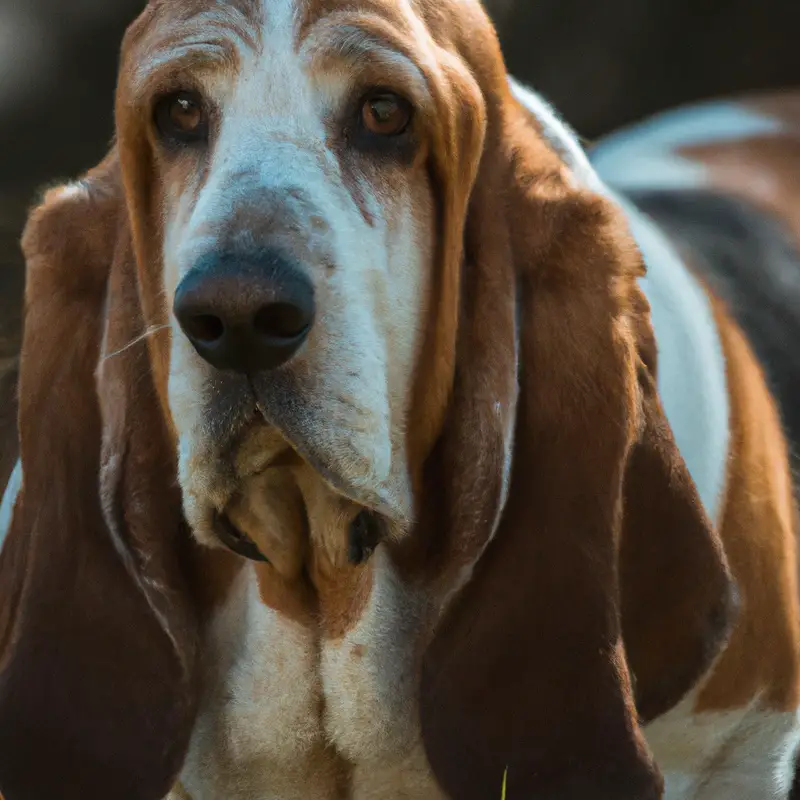
Importance of Exercise for Basset Hounds
Exercise is essential for Basset Hounds to maintain their physical and mental well-being. Regular exercise helps prevent obesity, which is common in this breed.
It also helps to strengthen their muscles and joints, improving their overall mobility.
Exercise provides mental stimulation, reducing boredom and destructive behaviors. It also promotes socialization and bonding with their owners.
Incorporating exercise into their daily routine is crucial for keeping Basset Hounds happy, healthy, and balanced.
Recommended Exercise Routine for Basset Hounds
A suitable exercise routine for Basset Hounds includes low-impact activities like walks and swimming.
Aim for at least 30 minutes of exercise each day to keep them healthy and prevent weight gain.
Mental stimulation is also important, so incorporate puzzle toys and scent training.
Avoid high-impact exercises, jumping, and running for long periods.
Tailor the routine to the Basset Hound’s age and health, considering exercise modifications for puppies and seniors.
Always consult with a veterinarian for specific health concerns.
Low-Impact Exercises for Basset Hounds
Walking for Basset Hounds
Walking is one of the best exercises for Basset Hounds. It is a low-impact activity that helps maintain their overall health and weight.
Regular walks also provide mental stimulation and help to prevent behavioral issues caused by boredom.
Start with short walks and gradually increase the duration and intensity. Walking on grassy surfaces or trails can be easier on their joints compared to concrete or pavement.
Be mindful of the temperature and avoid walking during extreme weather conditions.
Walking is a great way to bond with your Basset Hound while keeping them fit and happy.
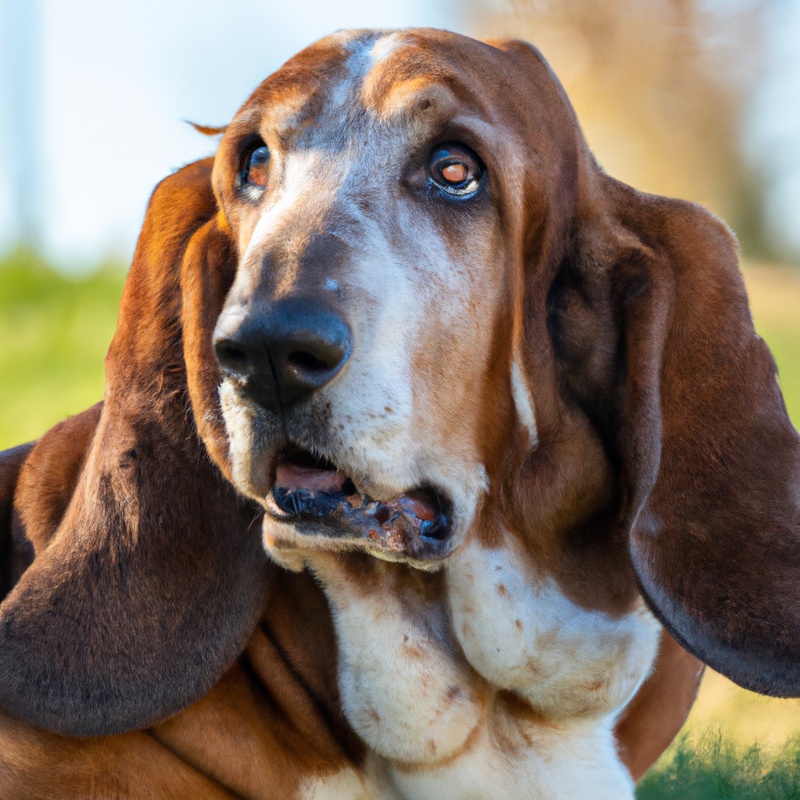
Swimming as an Exercise Option
Swimming is a great exercise option for Basset Hounds. It is a low-impact activity that is easy on their joints and can help them stay fit and healthy.
The buoyancy of the water also makes it easier for Basset Hounds to move around, making swimming a great option for dogs with mobility issues.
Additionally, swimming can provide a mental and physical challenge, as dogs need to use their muscles and coordination to stay afloat. Just make sure to introduce your Basset Hound to the water gradually and always supervise them while swimming.
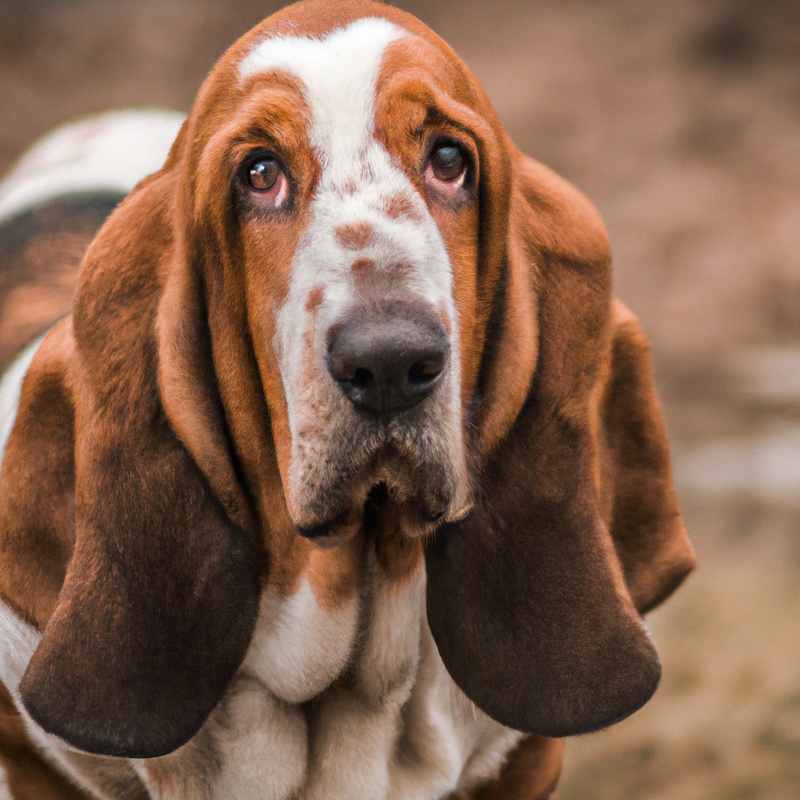
Using a Treadmill for Basset Hound Exercise
Using a treadmill can be a great way to provide exercise for your Basset Hound. It allows them to walk or trot at their own pace, while minimizing the impact on their joints.
When using a treadmill, start with a slow speed and gradually increase as your dog gets more comfortable.
Always supervise your dog during treadmill sessions, and be sure to provide enough water and breaks. Remember to consult with your veterinarian before starting any new exercise routine for your Basset Hound.
Mental Stimulation Activities for Basset Hounds
Puzzle Toys and Treat Dispensers
Puzzle toys and treat dispensers are great mental stimulation activities for Basset Hounds.
These toys are designed to challenge their problem-solving skills and keep them entertained.
The puzzles can be filled with treats or kibble, which the Basset Hound has to figure out how to retrieve.
This not only engages their mind but also helps to reduce boredom and destructive behavior.
Puzzle toys and treat dispensers come in various shapes and sizes, providing different levels of difficulty to keep your Basset Hound engaged and mentally stimulated.
Nose Work and Scent Training
Nose work and scent training are excellent mental stimulation activities for Basset Hounds.
These activities tap into their natural instincts and provide them with a sense of purpose.
During nose work, you can hide treats or toys for your Basset Hound to find using their keen sense of smell.
Scent training involves teaching them to search for specific scents or objects.
Both of these activities engage your Basset Hound’s mind and provide a fun and challenging experience.
Plus, they’re a great way to bond with your furry friend!
Obedience Training and Agility Exercises
When it comes to obedience training for Basset Hounds, consistency is key.
Start with basic commands like sit, stay, and come, using positive reinforcement techniques.
Agility exercises can also be beneficial for their mental and physical stimulation.
Set up agility courses with low obstacles like tunnels, jumps, and weave poles.
Be patient and provide plenty of rewards and praise during training sessions.
Training should be a fun and engaging experience for both you and your Basset Hound.
Activities to Avoid for Basset Hounds
High-Impact Exercises and Sports
High-impact exercises and sports are not suitable for Basset Hounds due to their physical limitations.
Their long bodies and short legs make them prone to musculoskeletal issues, including joint problems and back injuries.
Activities such as jumping, continuous running, and vigorous sports like agility or flyball should be avoided.
These types of exercises put excessive strain on their joints and can lead to long-term damage.
It’s important to choose low-impact exercises and activities that are gentle on their bodies to keep them healthy and happy.
Jumping and Continuous Running
Jumping and continuous running are activities that should be avoided for Basset Hounds. Their long bodies and shorter legs make them prone to injuries, especially in the joints and back.
Jumping can put unnecessary strain on their spines, while continuous running can lead to exhaustion and overheating.
It’s important to provide low-impact exercises like walking and swimming instead, to keep them active without putting too much stress on their bodies. By avoiding jumping and continuous running, you can help prevent potential health issues and ensure your Basset Hound stays happy and healthy.
Overexertion and Extreme Weather Conditions
Overexertion can be harmful to a Basset Hound’s health, so it’s important to avoid pushing them too hard during exercise. Bassets have a tendency to overheat, so extreme weather conditions should also be avoided.
When it’s very hot or cold outside, opt for indoor activities or shorter walks to keep your Basset Hound safe and comfortable.
Pay attention to your dog’s signals and adjust their exercise routine accordingly to prevent overexertion and keep them healthy.
Tailoring Exercise to the Basset Hound’s Age and Health
Exercise Guidelines for Basset Hound Puppies
Exercise Guidelines for Basset Hound Puppies When it comes to exercising Basset Hound puppies, it’s important to consider their age and physical abilities.
Since their bones and joints are still developing, it’s crucial to avoid high-impact exercises and activities that may strain or harm them.
Instead, focus on low-impact exercises such as short walks and gentle play sessions.
Additionally, mental stimulation activities like puzzle toys and obedience training can help keep them engaged and prevent boredom.
Always supervise their exercise and consult with a veterinarian for specific recommendations based on their individual needs.
Exercise Modifications for Senior Basset Hounds
For senior Basset Hounds, it’s important to modify their exercise routine to accommodate their aging bodies. Here are some exercise modifications you can make:
- Shorter walks: Instead of long, strenuous walks, opt for shorter, more frequent walks to prevent overexertion.
- Gentle activities: Engage your senior Basset Hound in low-impact exercises such as slow-paced walking, light fetch, or gentle play sessions.
- Joint-friendly exercises: Consider exercises that are easier on the joints, such as swimming or hydrotherapy, to help relieve any discomfort and keep them active.
- Mental stimulation: Focus on mentally stimulating activities like puzzle toys, scent work, or obedience training to keep their minds sharp and engaged.
Remember, it’s crucial to observe your senior Basset Hound’s energy levels and any signs of discomfort during exercise. Always consult with your veterinarian for personalized exercise recommendations based on their health and condition.
Consulting a Veterinarian for Health Concerns
Consulting a veterinarian is essential for addressing any health concerns your Basset Hound may have.
They are professionals who can provide accurate diagnoses and recommend appropriate treatments.
If you notice any changes in your dog’s behavior, appetite, or physical condition, it’s important to schedule a vet visit.
They can perform necessary tests and examinations to identify and address any potential health issues.
Regular check-ups are also crucial to ensure your Basset Hound’s overall well-being and catch any potential problems early on.
Remember, your veterinarian is your dog’s health advocate, so don’t hesitate to seek their guidance and expertise.
Final Verdict
When it comes to exercise for Basset Hounds, it is important to consider their physical abilities, mental stimulation, and individual health needs.
Low-impact exercises such as walking and swimming are ideal, while mental stimulation activities like puzzle toys and scent training can keep their curious minds engaged.
It is crucial to avoid high-impact exercises and overexertion, and to tailor the exercise routine to their age and health.
Remember, always consult with a veterinarian for specific health concerns.
By understanding the exercise needs of a Basset Hound and providing them with appropriate activities, you can ensure their well-being and happiness.

